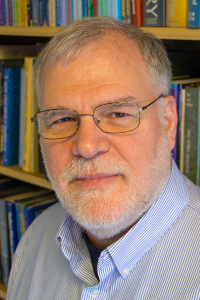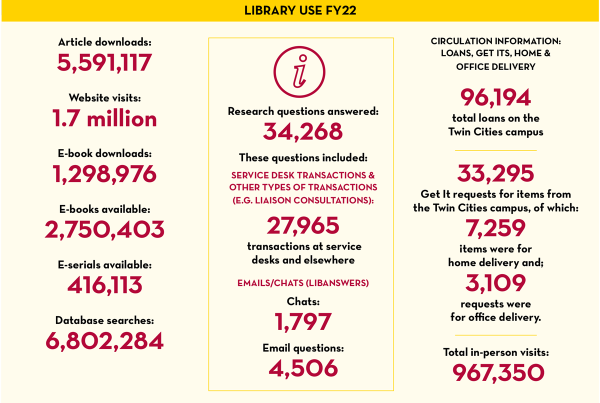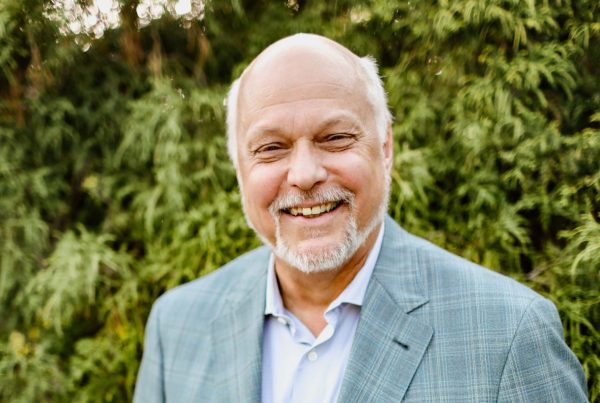In celebration of Open Access Week and in light of the 2022 theme, “Open for Climate Justice,” we are excited to share a series of interviews with UMN faculty who work at the intersection of climate and justice and make their work open access. Dr. Randal Barnes is an Associate Professor and Mental Health Advocate in the Department of Civil, Environmental, and Geo- Engineering. His research interests include mathematical modeling in geological and civil engineering. While Dr. Barnes’s work was not directly motivated by climate justice, his work has focused on the development of tools, and according to Dr. Barnes, “better tools lead to better understanding, better predictions, and, if wisely used, better decisions.” In this interview, we will focus on Dr. Barnes’s experience with depositing preprints, early versions of research findings, in open repositories.
This interview has been lightly edited for clarity.
Dr. Barnes, along with your co-authors, you have deposited several manuscripts in preprint repositories. What were the reasons why you decided to deposit preprints?
We wanted an open access copy to be accessible to practitioners and the general public in order to facilitate evidence based practice. Additionally, we wanted to share our findings quickly and without the delays associated with scholarly publishing. Lastly, it is a venue for sharing results with students.
There are many different repositories that serve as venues for preprints, and you selected EarthArXiv and arXiv. What prompted depositing the manuscript/s in these specific repositories. What criteria helps you make a choice regarding a green open access repository? For example, sometimes journals have preferred preprint repository partners.
The repositories were selected because they are common locations for the discipline and each study’s research topic.
What experience(s) led you to choosing to openly share your research in a repository?
The publication lag (the time from results to publication) is too long. My personal frustration with this lag is in not seeing other’s results in a timely manner. I would like to think that others may be frustrated by not seeing our work in a timely fashion, as well.
The “paywall” issue is not a significant issue for me, because I have an awesome library, curated by awesome librarians here at the University of Minnesota.
What would you tell other researchers to encourage them to publish OA?
The publication model for science and engineering is changing. Learn about the changes and subsequent opportunities. Then make these opportunities work for you.





